Slavoj Zizek – The Pervert’s Guide to Cinema
The.Pervert’s.Guide.to.Cinema.2006
[1 DVD – Rip]
Description
THE PERVERT’S GUIDE TO CINEMA takes the viewer on an exhilarating ride through some of the greatest movies ever made. Serving as presenter and guide is the charismatic Slavoj Zizek, the Slovenian philosopher and psychoanalyst. With his engaging and passionate approach to thinking, Zizek delves into the hidden language of cinema, uncovering what movies can tell us about ourselves. THE PERVERT’S GUIDE TO CINEMA offers an introduction into some of Zizek’s most exciting ideas on fantasy, reality, sexuality, subjectivity, desire, materiality and cinematic form. Whether he is untangling the famously baffling films of David Lynch, or overturning everything you thought you knew about Hitchcock, Zizek illuminates the screen with his passion, intellect, and unfailing sense of humour. THE PERVERT’S GUIDE TO CINEMA applies Zizek’s ideas to the cinematic canon, in what The Times calls ‘an extraordinary reassessment of cinema.’ The film cuts its cloth from the very world of the movies it discusses; by shooting at original locations and on replica sets, it creates the uncanny illusion that Zizek is speaking from within the films themselves. Described by The Times as ‘the woman helming this Freudian inquest,’ director Sophie Fiennes’ collaboration with Slavoj Zizek illustrates the immediacy with which film and television can communicate genuinely complex ideas. Says Zizek: ‘My big obsession is to make things clear. I can really explain a line of thought if I can somehow illustrate it in a scene from a film. THE PERVERT’S GUIDE TO CINEMA is really about what psychoanalysis can tell us about cinema.’ THE PERVERT’S GUIDE TO CINEMA is constructed in three parts. Says Fiennes: ‘The form of the Guide is a deliberately open one. There are three parts, but there could be more. Zizek’s method of thinking is exciting because it’s always building. Things relate forwards and backwards and interconnect into a mind-altering network of ideas. The film’s title is something of a McGuffin – just a way to get you into this network.’ PART 1 (watch clip)What can the Marx Brothers tell us about the workings of the unconscious? And why exactly do the birds attack in Hitchcock’s masterpiece of horror? Part 1 explores the fictional structures that sustain our experience of reality and the chaotic netherworld of wild drives and desire that undermine that very experience. Providing a blueprint for approaching cinema through a psychoanalytical lens, Part 1 explores key Freudian concepts such as the psyche’s division between Ego, Superego, Id, death drive and libido. Zizek shows how the visual language of films returns to us our deepest anxieties, arousing our desire while simultaneously ‘keeping it at a safe distance, domesticating it, rendering it palpable!’ PART 2 (watch clip)Playing on cinema’s great tradition for romantic narratives, Part 2 unlocks what these narratives tell us about the critical role that fantasy plays in sexual relationships. ‘Why does our libido need the virtual universe of fantasies?’ asks Zizek. Zizek excavates the nightmarish truth behind Tarkovsky’s dreamy sci-fi Solaris and its chilling reverberations with Vertigo, Hitchcock’s great romantic epic. The consequences are alarming. For the male libidinal economy it appears, ‘the only good woman is a dead woman.’ Zizek argues that it is the very excess of female desire that poses a fundamental threat to male identity. Fantasy can be both pacifying and radically destabilizing. From David Lynch’s Lost Highway and Ingmar Bergman’s Persona to Michael Haneke’s The Piano Teacher, fantasy is the battleground of the war between the sexes. Part 2 interrogates the structure of fantasy that makes the sexual act possible. But it also asks whether this very plague of fantasies is finally staged – like cinema itself – as a defence against anxiety. PART 3 (watch clip)Part 3 plays with appearances. Appearances are not deceiving, but extremely efficient. When Dorothy & Co discover The Wizard of Oz is actually an old man behind a curtain, they nonetheless expect him to work his magic. And so he does: the illusion persists. Says Zizek, ‘There is something more real in the illusion than in the reality behind it.’ With iconoclastic gusto, Zizek evokes the Gnostic theory of our world as an ‘unfinished reality’ where ‘God bungled his job of creation’. If film itself is structured through cuts, edits and missing scenes, then so too is our own subjective experience. This is perhaps why we can believe in cinema – as well as other systems of faith, paternal, religious and ideological. Zizek shows us that the key to cinema is beyond the narrative, beyond the ‘story’ that we witness. What provides the density of cinematic enjoyment is material form beyond interpretation.
You must be logged in to post a review.

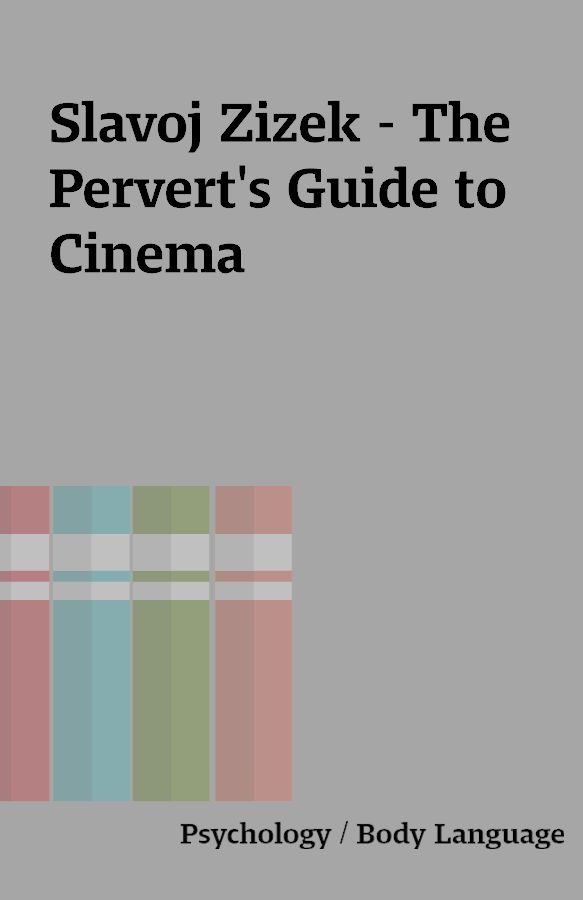
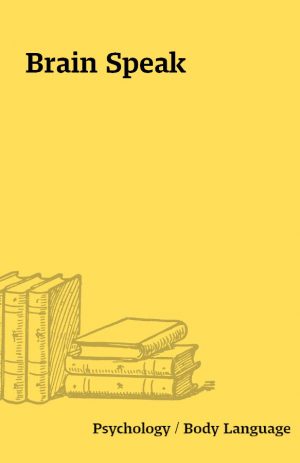
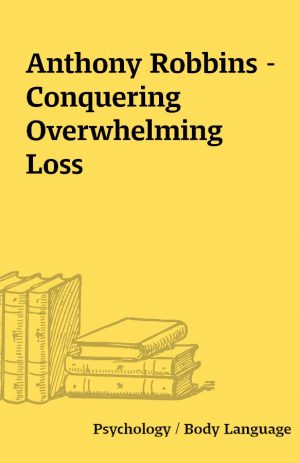
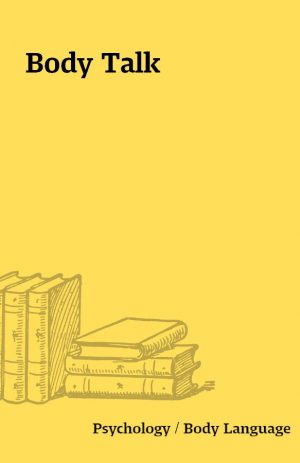
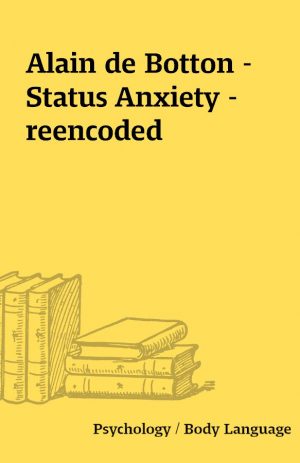
Reviews
There are no reviews yet.